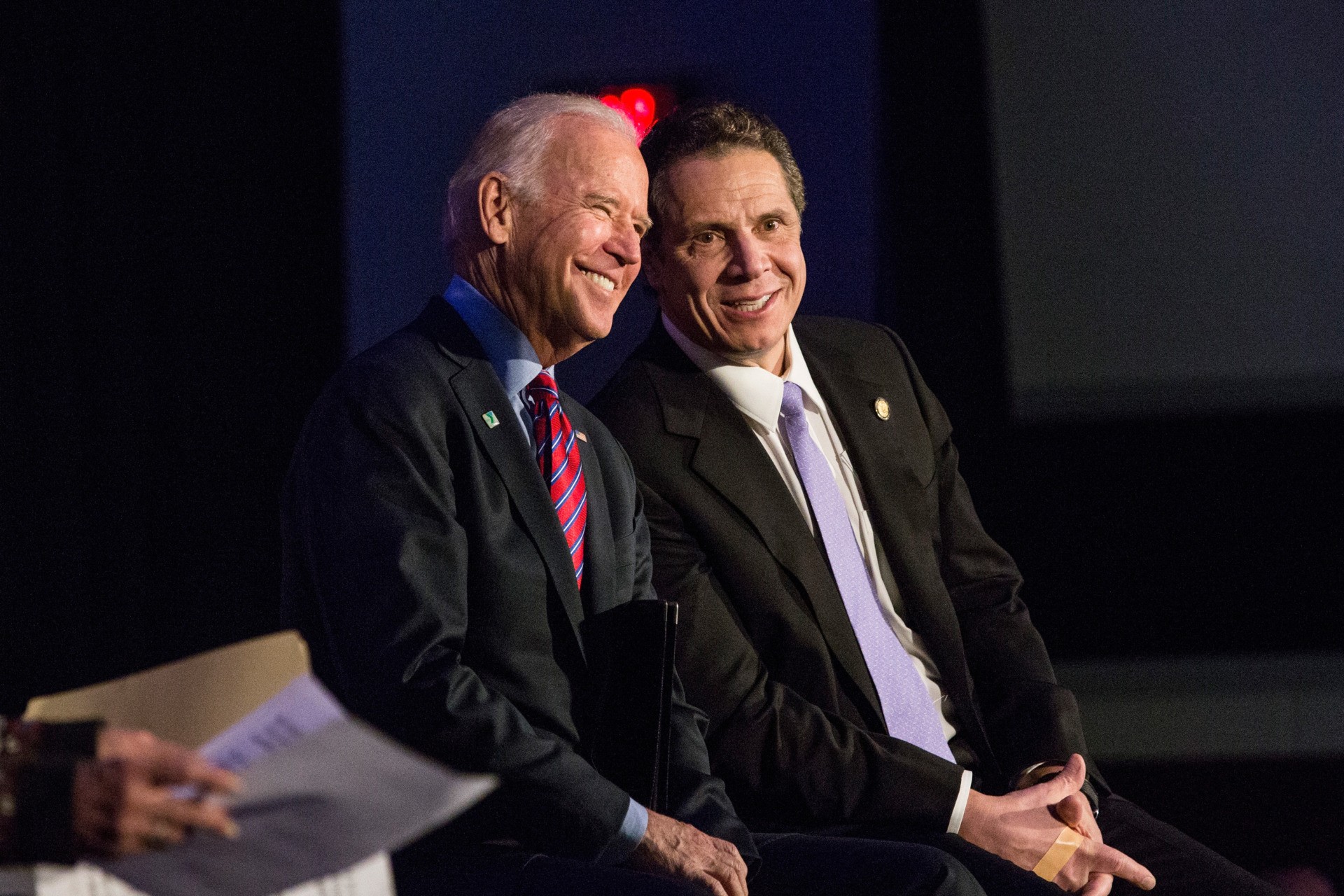Manufacturers in New York reported record price increases for their products in July, suggesting that inflationary pressures remain very strong.
The Federal Reserve Bank of New York said on Thursday that the prices received index in its monthly survey of manufactures rose to a record high level in July. The share of businesses reporting higher prices for their products rose to 41.4 percent, up from 36.8 percent in June. The share reporting lower prices fell to two percent from 3.5 percent, producing a score of 39.4 in the index, 6.1 points higher than June.
The figures come from the New York Fed’s “Empire State” manufacturing survey, which asks businesses to report on business and economic conditions each month. The survey began collecting data in 2001 and produced its first report in 2002.
The prices paid by manufacturers dipped slightly from June, which was the second-highest level ever record. The share reporting paying higher prices for materials and components fell to 78.8 from 80.7, which the share reporting lower prices rose from 0.9 percent to 2 percent. The index fell three points to 76.8., the second consecutive monthly decline following May’s record high.
The indexes for future prices paid and future prices received remained elevated, with both rising from the month prior. This suggests that businesses believe the current period of inflation—which Biden administration and Fed officials insist is transitory—will last at least through the next six months.
Along with prices, business activity expanded at a record-setting pace. The headline general business conditions index shot up twenty-six points to 43.0, after slowing in June to 17.4 from May’s solid 24.3 and April’s strong 26.3. That beat the consensus forecast for a mild increase to 18.3.
The new orders index more than doubled from 16.3 to 33.2. The shipments index jumped 30 points to 43.8. Delivery times fell 10 points to 20.2, progress over last month but still indicating that long delivery times remain an issue.
The index for future business conditions fell eight points, but at 39.5 this still indicates ongoing optimism about future conditions, the New York Fed said. The indexes for future new orders and shipments fell to similar levels.
The number of employees and average workweek increased. Expectations for the number of employees also increased, with half of companies reporting that they expect to expand payrolls. Expectations for the average workweek declined.
Inventories expanded considerably, typically an indication that businesses are confident about future sales. In this case, however, it may indicate worries about future prices or inputs and hopes for higher prices of products. Expected inventories declined.
A survey of businesses in the Southeastern portion of the U.S. released by the Atlanta Fed Wednesday showed a slight easing of inflationary pressures in July, although they remain near reccord highs. Similarly, a survey of manufacturers by the Philadelphia Fed also showed on Wednesday prices continuing to rise in July, with prices indexes near records but dipping a bit from June.
The Consumer Price Index and Producer Price Index for June both showed inflation running much higher than expected. The Fed surveys are considered “soft data” because they rely on responses from businesses rather than direct observation of prices that go into the “hard data” CPI and PPI. The Fed surveys, however, are released within a week or so of collection, meaning they provide a more up-to-date view of economic conditions than the CPI and PPI. The Empire State survey was conducted in the first week on July.
